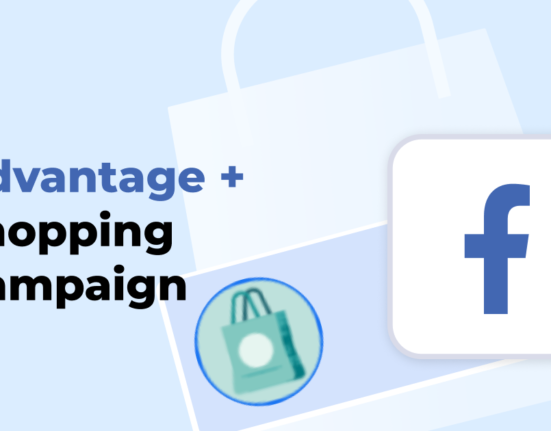Meta, formerly known as Facebook, has ventured into the realm of in-app stores by introducing its own store within the Facebook app. This strategic move aims to challenge the dominance of established app stores like Apple’s App Store and Google Play. Meta’s foray into in-app stores presents developers with an alternative distribution channel while streamlining the app experience for users. In this article, we will explore Meta’s efforts to establish its own in-app store and examine the implications for developers and users.
Motivation behind Meta’s In-App Store: Meta’s decision to develop an in-app store aligns with its goal of gaining more control over its platform and reducing reliance on external app stores. By offering an alternative distribution channel, Meta aims to create a more favorable environment for developers, potentially providing improved revenue-sharing terms and greater flexibility. Additionally, Meta seeks to enhance the user experience by integrating applications seamlessly within the Facebook app, enabling users to discover and access a broader range of apps without leaving the platform.
Meta’s In-App Store Experiments: Meta is currently in the experimental phase of its in-app store, conducting tests within the Facebook app. The initial focus of these tests revolves around gaming applications, allowing game developers to distribute their apps through Meta’s store. By attracting game developers, Meta aims to tap into the thriving mobile gaming market, which has experienced substantial growth.
The Benefits for Developers and Users: Meta’s in-app store offers numerous advantages for developers and users alike. Developers can leverage Meta’s extensive user base to promote and distribute their applications to a wider audience. This reach can lead to increased app downloads and revenue. Furthermore, developers may enjoy flexible monetization options, experimenting with pricing models, subscriptions, and in-app purchases tailored to their target audience.
For users, Meta’s in-app store provides the convenience of accessing a diverse array of applications without leaving the Facebook app. The seamless integration enhances the overall user experience, offering a unified platform for social networking and app usage.
Challenges and Concerns: While Meta’s in-app store presents exciting opportunities, there are challenges to consider. Critics express concerns about potential fragmentation within the app ecosystem, as developers and users navigate multiple stores to discover and download applications. Additionally, privacy and data security concerns arise as Meta gains access to user data from both the Facebook platform and the in-app store.
Meta’s venture into its own in-app store within the Facebook app signifies its strategic efforts to assert control over its platform and reduce reliance on external app stores. By offering developers an alternative distribution channel and providing users with a seamless app experience, Meta aims to foster innovation and enhance the overall user experience.











Leave feedback about this